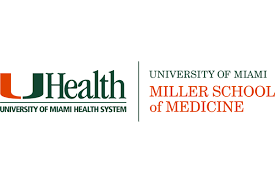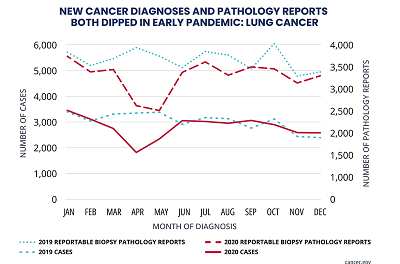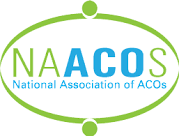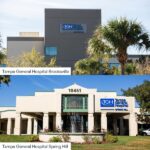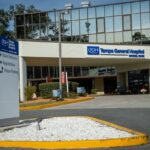July 19, 2022–Unvaccinated first responders in the U.S. were more likely to develop COVID-19 and less likely to believe in the effectiveness and safety of vaccines compared to their vaccinated counterparts, according to a study led by University of Miami Miller School of Medicine and published on July 19 as a research letter in JAMA Open.
Miller School investigators were part of a national study of 1,415 law enforcement officers, firefighters and other first responders in Florida, Minnesota, Oregon, Texas, Utah and Arizona. The study involved not only collecting weekly nasal specimens and reported COVID-19 like symptoms, but also capturing first responders’ attitudes toward and perceptions of COVID-19 vaccines.
Florida represented the second largest occupational cohort, with 519 first responders, including 291 that were unvaccinated and 228 that were. The Miller School is a site for the Research on the Epidemiology of SARS-COV-2 in Essential Response Personnel (RECOVER) cohort, which was used in this study.
“The University of Miami has been actively engaged at the State and National level studying the health, safety and well-being of first responders. Our research work in cancer prevention and control with first responders has informed and shaped national and state policy to improve the health and safety of first responders,” said lead author Alberto J. Caban-Martinez, D.O., Ph.D., M.P.H., C.P.H., vice chair for research and associate professor in the Miller School’s Department of Public Health Sciences. “As a site of this multi-site national RECOVER COVID-19 occupational cohort study, we bring a wealth of experience in first responder health and safety.”
Dr. Caban-Martinez said that he believes this is the first study to document COVID-19 vaccination, days of COVID-19 illness, and attitudes towards COVID-19 vaccination in law enforcement. It’s timely given that there is a lot of discussion and discourse at the national level about COVID-19 vaccination mandates among first responders.
“Municipalities around the U.S. are struggling with how to handle this topic. This paper now shows evidence that unvaccinated first responders, including law enforcement officers experience greater days of illness, more hours of missed work which could impact the services provided to the city by firefighters, emergency medical services and police,” said Dr. Caban-Martinez.
The study offers interesting insights, including that unvaccinated first responders, compared to those who were vaccinated, had higher rates of infection (11.9 versus 0.6 new cases per 1000 person-weeks), greater days of COVID-19 illness (15.3 days versus 19.7 days), and greater hours of missed worked (67.6 hours versus 85.2 days).
“First responders who were not vaccinated expressed low trust in what the federal government said about the vaccine and had low belief in the COVID-19 vaccine effectiveness or safety,” Dr. Caban-Martinez said. “I would have expected higher rates of acceptance and belief in the vaccine.”
Law enforcement officers had the lowest rate of COVID-19 vaccination, according to the study’s findings.
Dr. Caban-Martinez said another telling and potentially concerning finding was the length (days) of illness and hours of worked missed among the unvaccinated. The average number of days of illness for unvaccinated first responders was about 19.7 days–almost three weeks–compared to about two weeks for those that were vaccinated.
“Our findings emphasize the need to create educational materials tailored to first responders and law enforcement on the effectiveness of vaccines and its impact on the safety and health of workers, said Natasha Schaefer Solle, Ph.D., R.N., research assistant professor.
The national RECOVER COVID-19 occupational cohort continues to monitor weekly COVID-19 infections and COVID-19 vaccine effectives.
“We are closely monitoring how long COVID-19 antibodies last, whether they were produced naturally or via vaccination. We are also looking at the impact of chemical exposures encountered by first responders on immune response to COVID-19 infection,” Dr. Caban-Martinez said.
The Miller School collaborated on this paper with authors from Baylor Scott and White Hospital, Texas A&M University, CDC’s COVID-19 Response Team, and University of Arizona.

